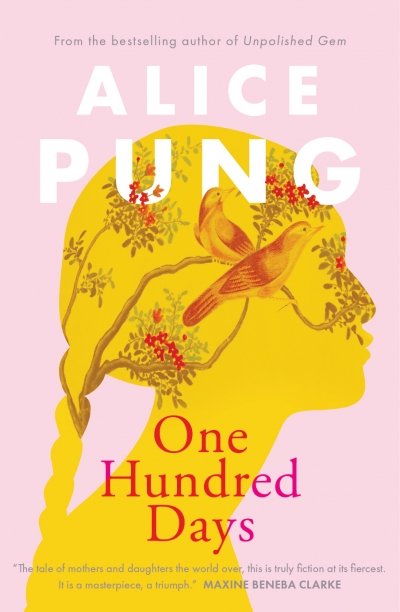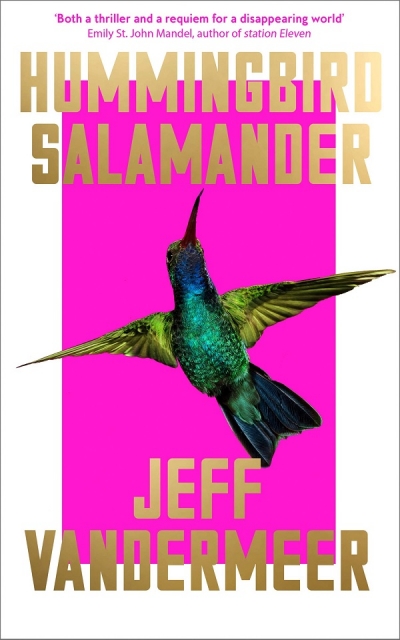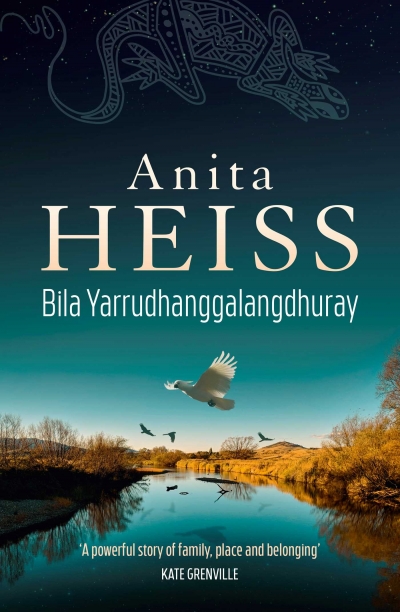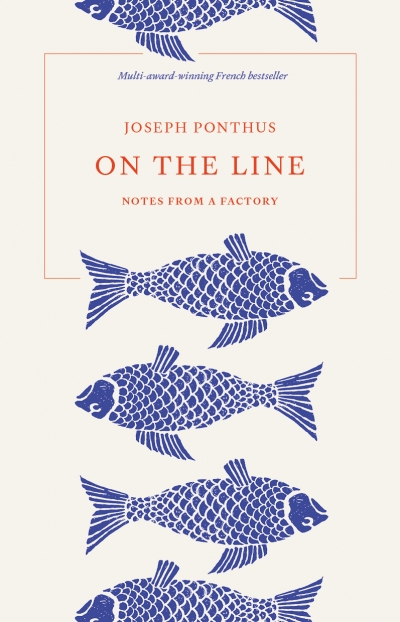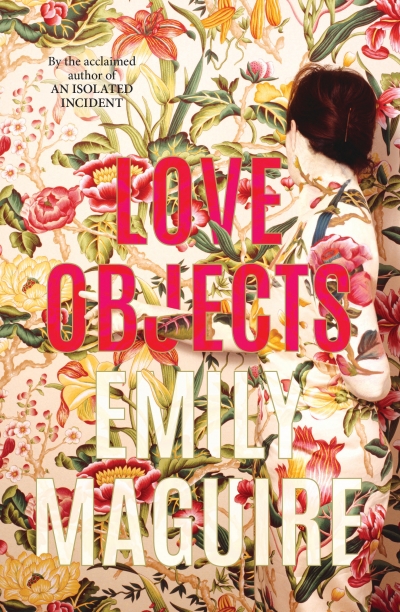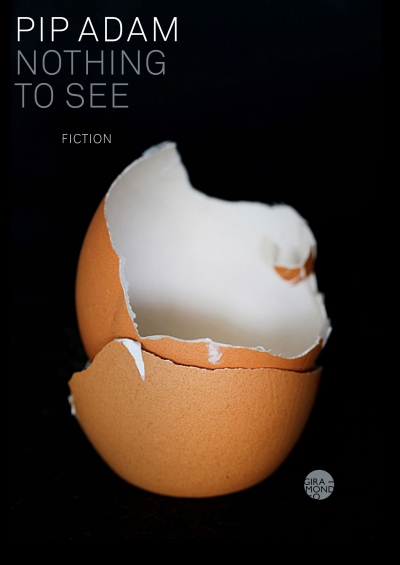Fiction
'China Men' by Maxine Hong Kingston, 'Mutuwhenua: The moon sleeps' by Patricia Grace, 'Fortress' by Gabrielle Lord, and 'Female Friends' by Fay Weldon
I’m well overdue with this article, and I suspect John McLaren is never going to speak to me again. Trouble is, I’m on a frenetic reading jag and its mainly McLaren’s fault.
... (read more)Is it tautological to describe a work of fiction as ‘family Gothic’? After all, there’s nothing more inherently Gothic than the family politic: a hierarchical structure ruled by a patriarch, as intolerant of transgression as it is fascinated by it, sustaining itself through a clear us/them divide, all the while proclaiming, ‘The blood is the life.’ Yet three new Australian novels Gothicise the family politic by exaggerating, each to the point of melodrama, just how dangerous a family can become when its constituents turn against one another.
... (read more)On the Line: Notes from a factory by Joseph Ponthus, translated by Stephanie Smee
For this reviewer, the sign of a healthy crime-fiction ecosystem isn’t merely the success of the ‘big names’ but also the emergence of writers whose voices are so distinctive as to be singular. Sometimes these writers become commercially successful in their own right, and sometimes they remain literary outliers, drawing their readership from a smaller but avid following. When I think of the health of American crime fiction in the late 1960s and early 1970s, I recall not only the success of Mario Puzo, but also the kind of writing culture that sustained the dark vision of an author such as George V. Higgins. The same goes for Britain in the 1980s, where Dick Francis was still publishing prolifically when Derek Raymond emerged. Turning to twenty-first-century America and the success of writers like Michael Connelly and Karin Slaughter, it’s the rise of Megan Abbott and Richard Price that illustrates the full potential of that culture’s capacity for crime storytelling.
... (read more)A new Susan Johnson novel is always a treat, partly because you get the sense that with each one she has set herself a specific creative challenge, and partly because she is such a fine writer. In From Where I Fell (Allen & Unwin, $32.99 pb, 338 pp), the epistolary novel, popular in the nineteenth century, has been updated, with the entire work in the form of emails. Nothing new in that, but what makes this different is that the contemporary problem of emailing someone unintentionally is followed through with that intellectually teasing ‘what if’ thread: what if the person you accidentally contacted was someone with whom you wanted to keep communicating? What if this person was someone to whom you could confess your most private thoughts? And what if this person never responded in a conventional manner?
... (read more)
